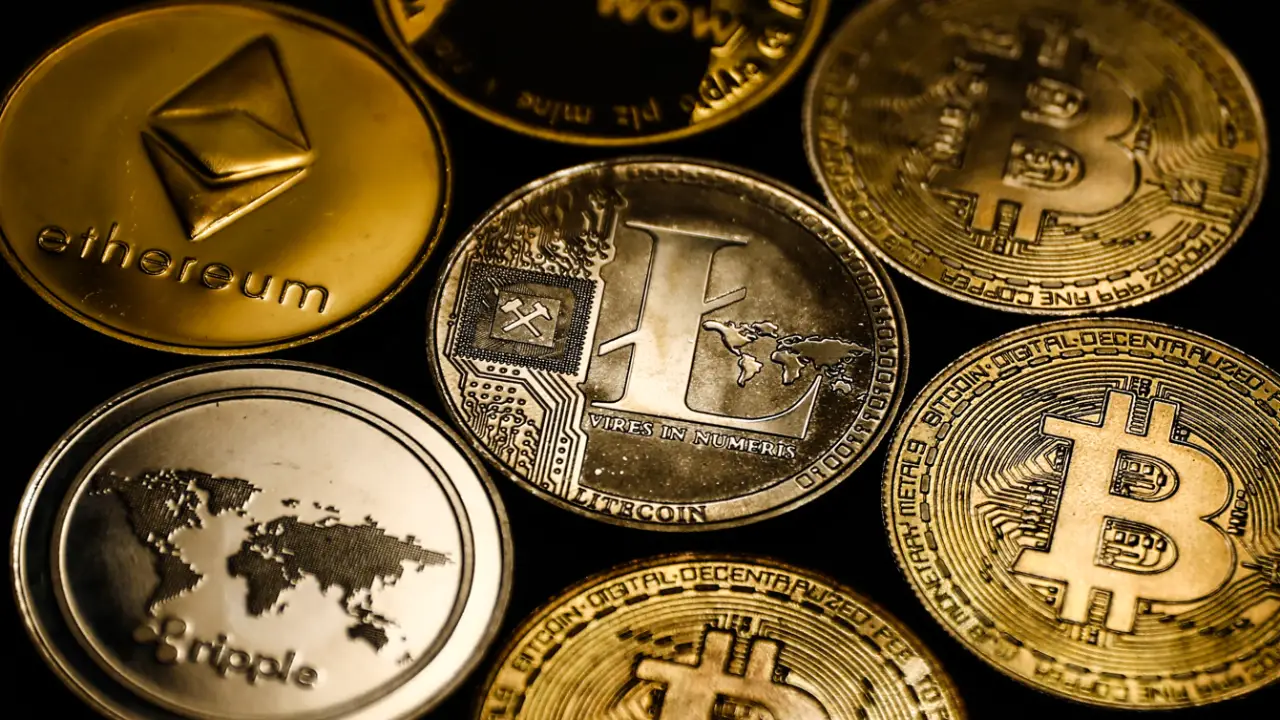Insightful Perspectives
Explore a world of engaging news and informative articles.
Crypto Conundrums: Why Your Wallet Might Be Weightless
Unlock the mystery of a weightless crypto wallet! Discover the surprising reasons why your assets may be disappearing.
Understanding the Mystery of Empty Crypto Wallets
Understanding the mystery of empty crypto wallets is crucial for anyone involved in cryptocurrency. Many users encounter the perplexing situation of accessing a wallet that shows zero balance despite having made transactions. This can occur for various reasons, such as incorrect wallet addresses, outdated node software, or even non-custodial wallet errors that lead to confusion about funds. Furthermore, the digital nature of cryptocurrencies means that transactions can appear lost or mismanaged due to network congestion or other technical issues.
Another aspect to consider is the potential for security breaches and scams that can leave wallets empty. Users must remain vigilant, ensuring that they keep their private keys secure and are aware of common phishing tactics. Educating oneself on the functioning of blockchain technology and the mechanisms behind various wallets can help prevent future occurrences of empty crypto wallets. Therefore, understanding these complexities is not only vital for safeguarding assets but also for making informed investment decisions.

Why Is My Crypto Wallet Balance Zero? Common Issues Explained
Experiencing a zero balance in your crypto wallet can be alarming, especially if you have previously held assets. There are several common reasons why this might happen. First and foremost, ensure that you are looking at the correct wallet. With various cryptocurrencies and wallets available, it’s easy to confuse multiple accounts. Additionally, some wallets allow multiple addresses, so you may be checking an address that currently holds no funds. To verify your balances accurately, you can visit trusted blockchain explorers like Blockchain.com or Etherscan to track your transactions and wallets.
Another potential reason for a zero wallet balance could be issues with synchronization. If your wallet hasn’t synced properly with the blockchain, it may not show your current balance accurately. Ensure your wallet software is up-to-date and check your internet connection. In some cases, your funds might be held in a smart contract or another wallet, meaning you need to take additional steps to access them. If you suspect that your funds might have been transferred out without your authorization, it’s crucial to change your passwords and review your security practices immediately. For more information on wallet security, visit CoinDesk.
The Hidden Risks: Could Your Wallet Be Vulnerable to Hacks?
Your digital wallet, while convenient, comes with a set of hidden risks that many users overlook. With the increasing prevalence of cybercrime, hackers are always on the lookout for vulnerabilities to exploit. For instance, a lack of strong passwords and two-factor authentication can leave your wallet exposed. According to the Australian Cyber Security Centre, relying solely on passwords is no longer sufficient to protect sensitive data. It's crucial to understand the potential threats and take proactive measures to safeguard your assets.
Another significant risk involves the use of public Wi-Fi networks. These unsecured connections can serve as a playground for hackers, making it easy for them to intercept your data. When accessing your wallet on public Wi-Fi, you may unknowingly expose your private information. Kaspersky strongly advises against accessing sensitive accounts through these networks without a reliable VPN. Therefore, always prioritize security by using trusted networks and enabling security features on your devices to minimize vulnerabilities.